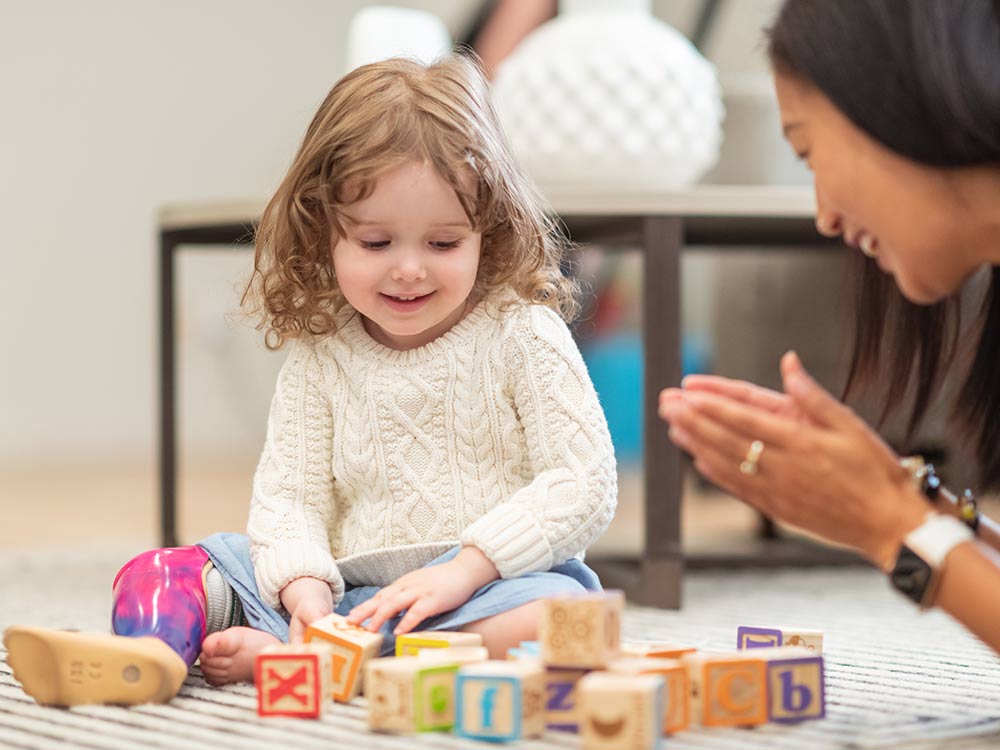
Childcare centers play a crucial role in the development of young children. In Dee Why, childcare centers are known for providing a nurturing and stimulating environment that fosters learning and growth. These centers go beyond just looking after children; they create a positive atmosphere that encourages exploration, creativity, and social interaction. Let's explore how childcare centers in Dee Why achieve this and why it is essential for the overall development of children.
The Importance of a Positive Learning Environment
Creating a positive learning environment is vital for children's development as it can significantly impact their cognitive, social, and emotional growth. When children feel safe, supported, and engaged, they are more likely to explore new things, build meaningful relationships, and develop essential skills. Childcare centers in Dee Why understand the importance of creating such an environment and implement various strategies to ensure that children thrive in their care.
Ways Childcare Centers Foster a Positive Learning Environment:
- Provide a safe and secure space for children to explore and learn.
- Offer a variety of age-appropriate toys, materials, and activities to stimulate learning.
- Encourage positive social interactions through group activities and play.
- Implement a structured daily routine that provides stability and predictability for children.
- Promote independence and self-confidence through praise and positive reinforcement.
Quality Education and Care
Childcare centers in Dee Why focus on providing high-quality education and care to ensure that children receive the best possible start in life. Qualified educators and staff members create engaging learning experiences that cater to the individual needs and interests of each child. By offering a mix of structured learning activities and free play, children are encouraged to explore, experiment, and discover the world around them in a supportive environment.
Elements of Quality Education and Care:
- Qualified and experienced educators who understand child development.
- Small teacher-to-child ratios to ensure individualized attention.
- Curriculum that is tailored to meet the developmental needs of each age group.
- Regular communication with parents to keep them informed about their child's progress.
- Continuous professional development for staff to stay updated on best practices in early childhood education.
Emphasis on Play-Based Learning
Childcare centers in Dee Why recognize the importance of play in children's learning and development. Play-based learning allows children to explore their interests, develop problem-solving skills, and enhance their creativity. Through play, children can build social skills, language skills, and cognitive abilities in a fun and interactive way. Childcare centers incorporate play into their daily routines to create a dynamic and engaging learning environment for children.
Benefits of Play-Based Learning:
- Promotes creativity and imagination.
- Encourages social interaction and teamwork.
- Develops problem-solving and critical thinking skills.
- Enhances language and communication skills.
- Fosters a love for learning and exploration.
Community Engagement and Inclusivity
Childcare centers in Dee Why strive to create an inclusive and welcoming environment for all children and families. By engaging with the local community and celebrating diversity, these centers promote a sense of belonging and acceptance among children. They organize cultural events, invite guest speakers, and encourage families to participate in center activities to create a sense of community and connection.
Approaches to Community Engagement and Inclusivity:
- Celebrating cultural diversity through food, music, and art.
- Inviting guest speakers to share different perspectives and experiences.
- Providing resources and support for children with diverse backgrounds and abilities.
- Encouraging open communication and collaboration between educators, families, and the community.
- Promoting acceptance and respect for all individuals, regardless of differences.
